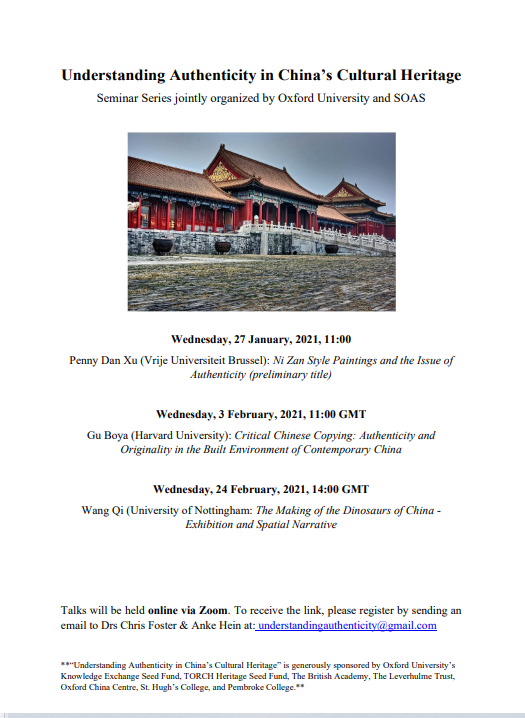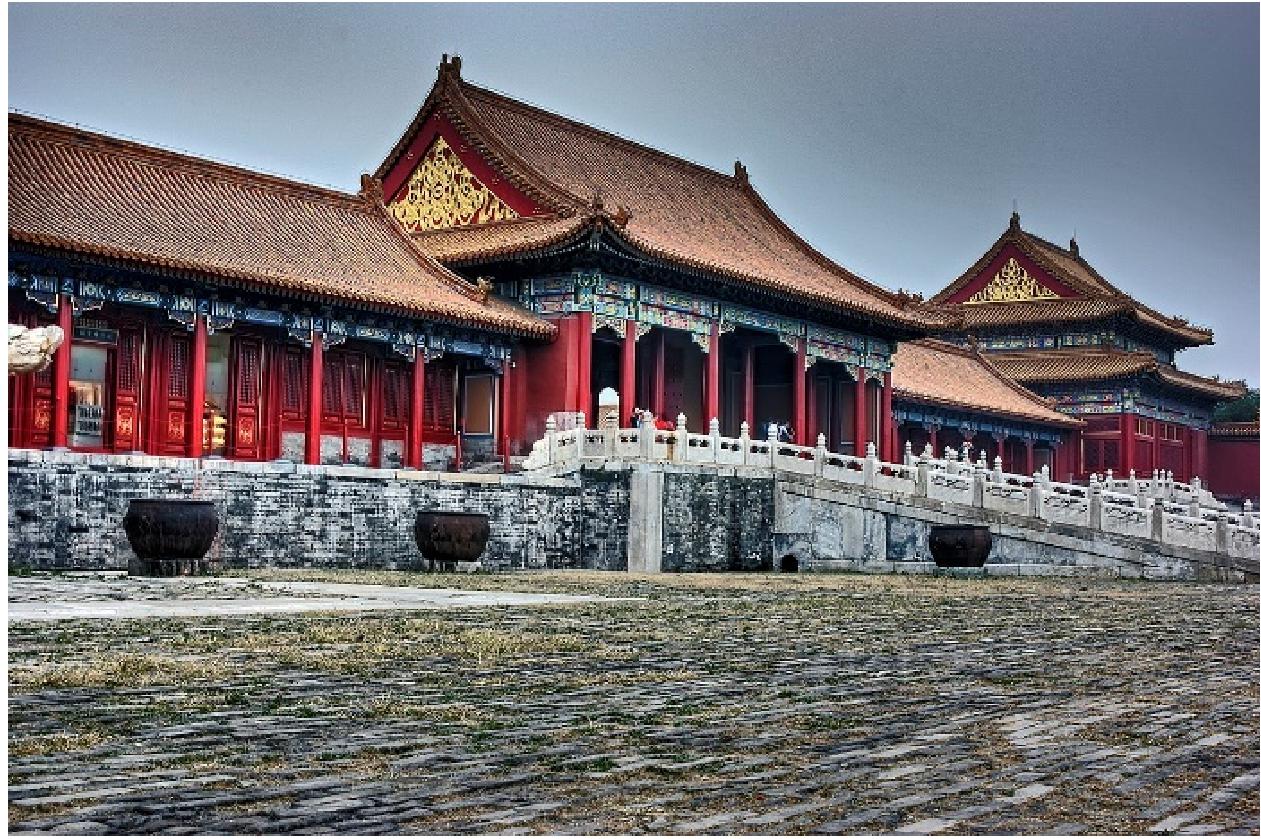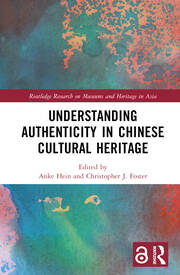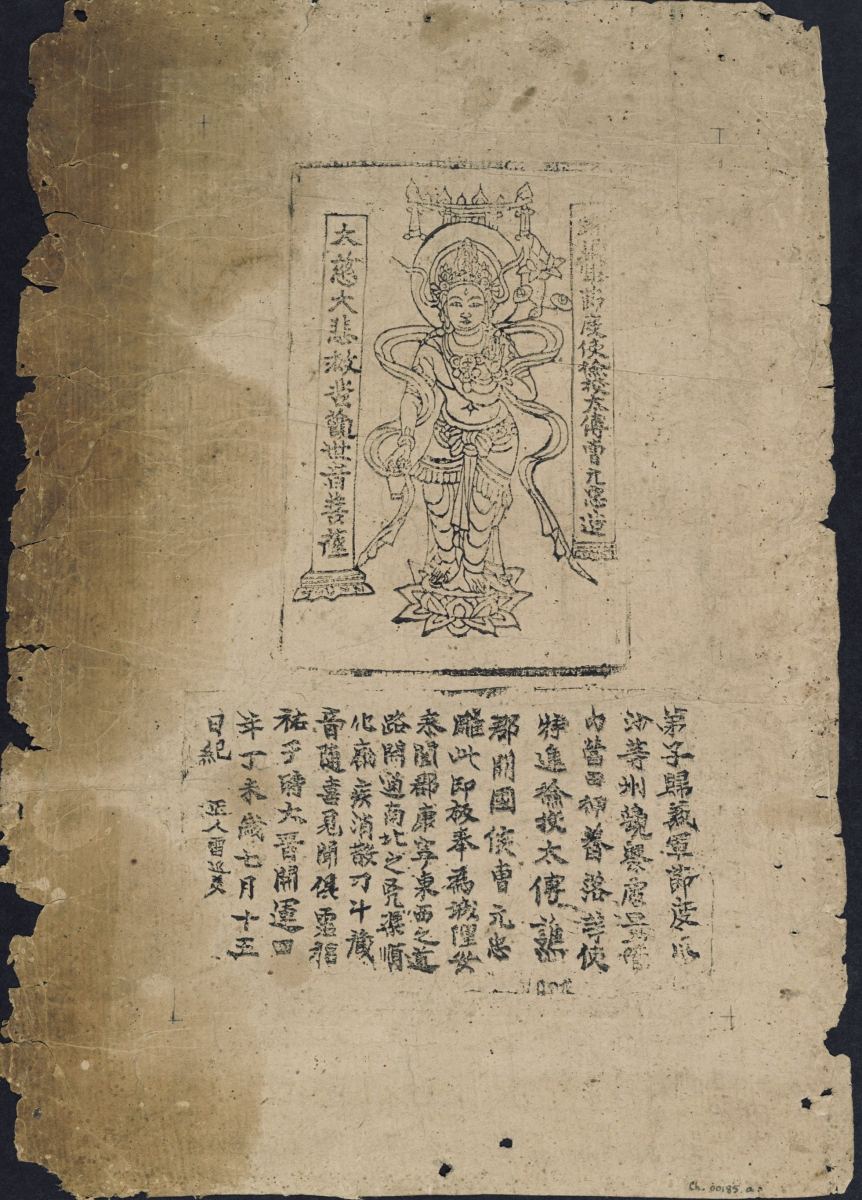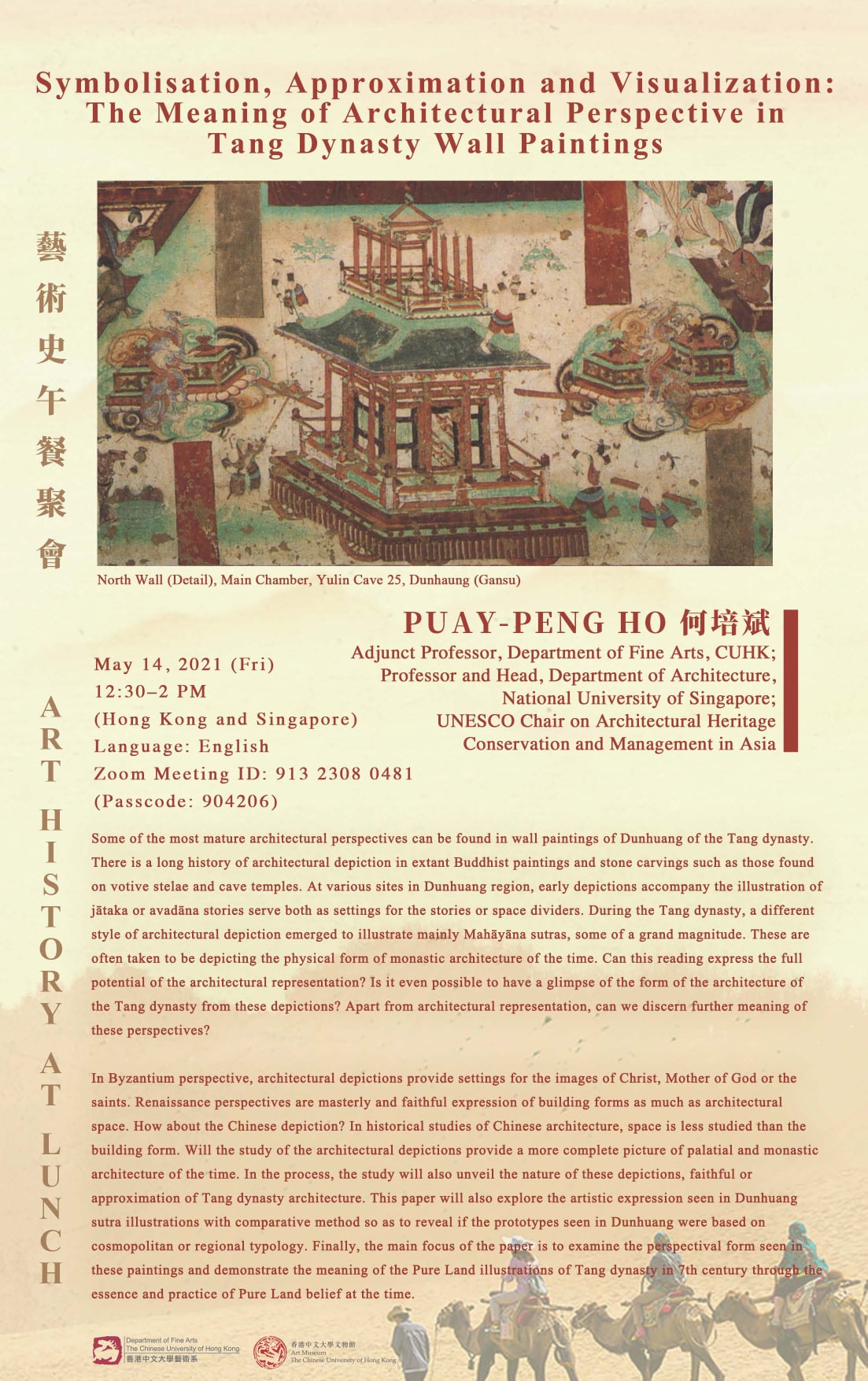Understanding Authenticity in China’s Cultural Heritage
Conference at the University of Oxford, 16-20 March, 2021
Organized by Christopher Foster and Anke Hein
Contact: understandingauthenticity@gmail.com
What we deem to be genuine or fake is not an objective determination, but something that we agree upon as communities. Debates about authenticity, moreover, are often intimately bound to question who owns the past and its representation. The “Understanding Authenticity in China’s Cultural Heritage” conference this March will explore these issues and more. From contesting narratives about the mother trees of Big Red Robe tea, to the restoration of Qin terracotta soldiers; from the experience of visiting a replica Eiffel Tower in Hangzhou, to US-China diplomatic tensions over "originality" and "shanzhai 山寨 (imitation)” – "Understanding Authenticity in China's Cultural Heritage” brings together specialists from a broad range of fields and backgrounds, to explore how questions about “authenticity” impact their work on objects, texts, and intangible cultural heritage in China.
Please join us online March 16th- 20st, 2021, for a discussion on the construction of “authenticity,” both historically and today, in relation to China’s cultural heritage. Registration is free, attendance is open to all, via submission of a short survey at the following link: https://www.surveymonkey.com/r/X8T7T2C


